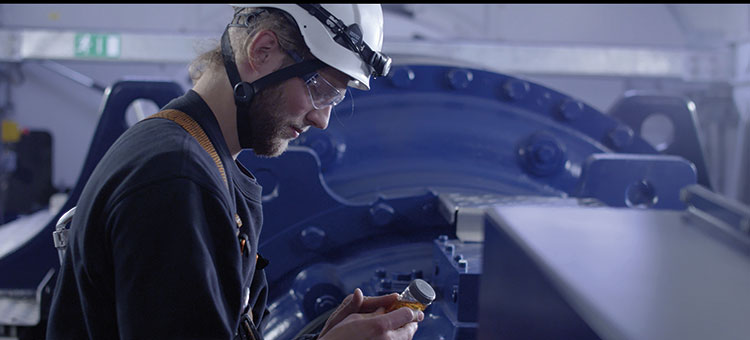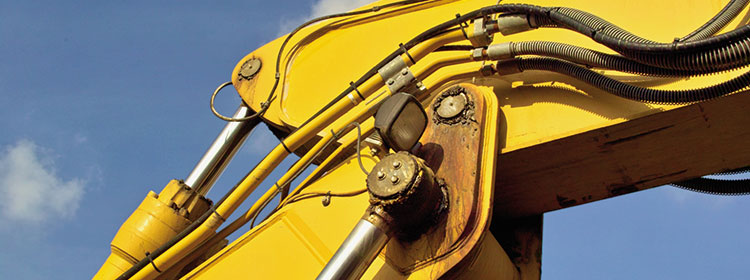Lubrication and oil monitoring in wind turbines – Efficient maintenance and cost optimisation
In our seminar on lubrication and oil monitoring for wind turbines, you will acquire practical knowledge on selecting and applying the right lubricants for the economical and reliable operation of your turbines. You will learn how to reliably distinguish between different types of lubricants and find out how you can extend oil change intervals through targeted filtration and maintenance. There is a particular focus on the early detection of wear and tear, as well as the professional collection and evaluation of oil samples for proactive maintenance. We also provide you with important warning and limit values for assessing gear damage and lubricant conditions in order to prevent breakdowns and reduce maintenance costs
In addition, you will gain valuable insights into the use of multi-grade hydraulic oils and strategies for simplifying grease selection and optimising relubrication intervals. This allows you to expand your specialist knowledge in a targeted manner and ensure the long-term, trouble-free operation of your wind turbines.

- Reliably identifying and assessing differences between lubricant types
- Selecting the optimum lubricant for economical and reliable operation
- Extension and optimisation of oil change intervals for gearbox and hydraulic oils
- Cost reduction through improved filtration and oil maintenance
- Early detection of wear and potential malfunctions
- Root cause analysis of damage cases after failures
- Professional extraction of meaningful oil samples
- Use of oil analyses for proactive maintenance
- Interpretation of analysis results based on warning and limit values
- Communicating the advantages of multigrade hydraulic oils
- Simplification of grease selection and optimisation of relubrication intervals
- Evaluation of used lubricating greases based on warning and limit values

- Maintenance managers and service technicians for wind farms
- Service technicians, fitters and service partners of wind turbine manufacturers
- Managers at wind farms with their own maintenance staff
- Technical specialists from the design, service and sales departments of wind turbines
- Manufacturer of main and bypass filters for transmission and hydraulic oils
- Supplier of gearboxes, rolling bearings and components for wind turbines







